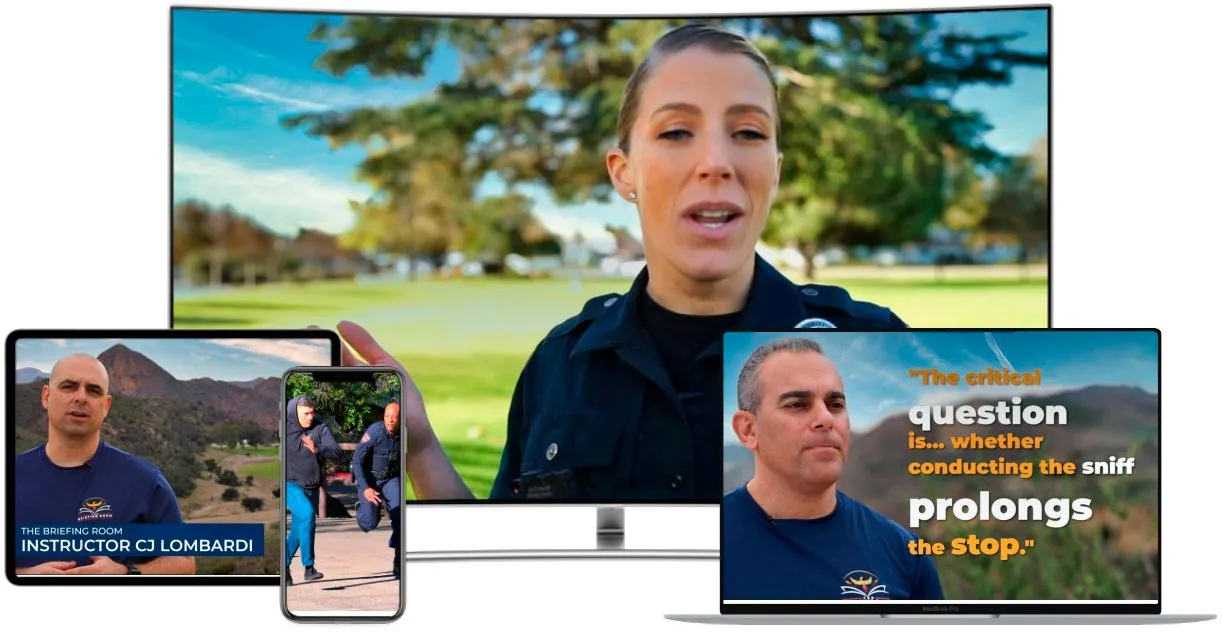This post is only offered as a discussion topic only and does not represent legal advice. Officers must refer to the laws in their own State as well as their agency’s policies, which can be more restrictive on officers that the law requires.
The law for interrogating juveniles in California will change on July 1, 2024, regarding how officers may question them.
California Welfare and Institutions Code Section 625.7 will read: “(a)During a custodial interrogation of a person 17 years of age or younger relating to the commission of a misdemeanor or felony, a law enforcement officer shall not employ threats, physical harm, deception, or psychologically manipulative interrogation tactics. (b)As used in this section, the following terms have the following meanings:(1)”Deception,” includes, but is not limited to, the knowing communication of false facts about evidence, misrepresenting the accuracy of the facts, or false statements regarding leniency. (2)”Psychologically manipulative interrogation tactics” include, but are not limited to the following:(A)Maximization and minimization and other interrogation practices that rely on a presumption of guilt or deceit. (i)Under this section, maximization includes techniques to scare or intimidate the person by repetitively asserting the person is guilty despite their denials, or exaggerating the magnitude of the charges or the strength of the evidence, including suggesting the existence of evidence that does not exist. (ii)Under this section, minimization involves minimizing the moral seriousness of the offense, a tactic that falsely communicates that the conduct is justified, excusable, or accidental.”
Where officers might have used a ruse in the past to direct the questioning, they will no longer be able to use it to uncover the truth. Only directing the questioning based on the facts the officer knows to be true at the time of questioning is allowed. And remember, that Welfare and Institutions Code Section 625.6 was amended in 2021 to read: “Prior to a custodial interrogation, and before the waiver of any Miranda rights, a youth 17 years of age or younger SHALL consult with legal counsel in person, by telephone, or by video conference. The consultation may not be waived.”
For access to the complete PDF of Welfare and Institutions Code Section 625.6 and 625.7, as well as additional resources and the comprehensive video on this crucial training subject, please log in to your membership portal at www.TheBriefingRoom.com. The Briefing Room offers a training video specifically addressing this scenario, enabling agency supervisors to efficiently train all officers within your organization on this vital topic.
The Briefing Room has a short training video available on this exact scenario so agency supervisors can easily train every officer in your agency on this essential topic.

